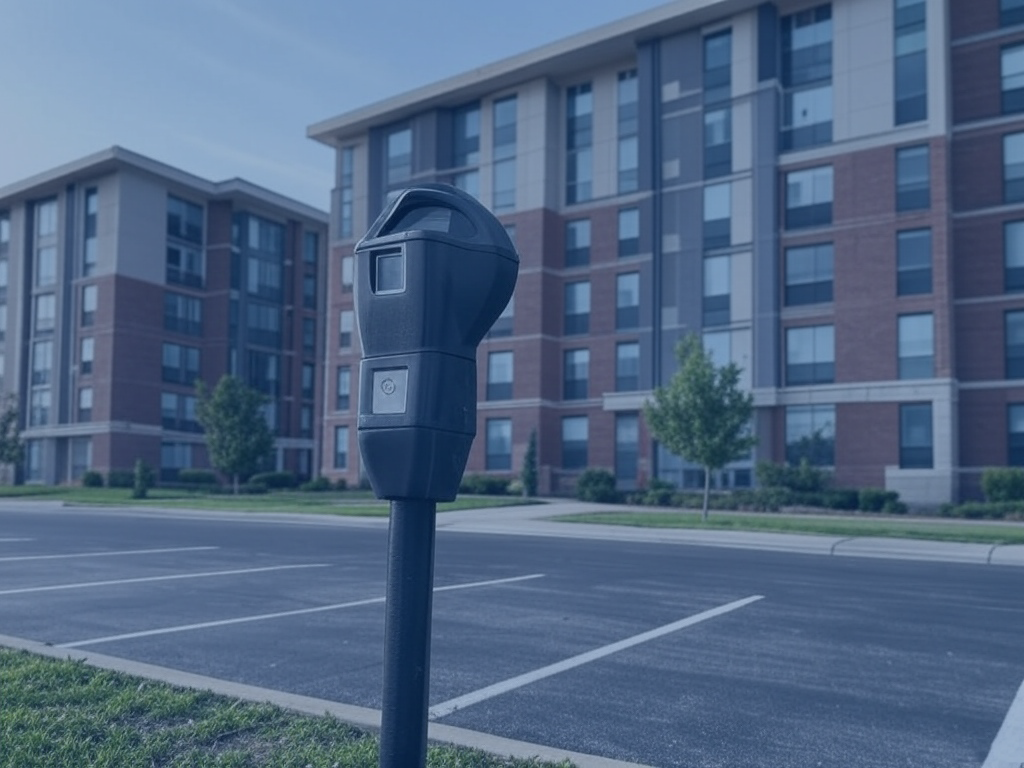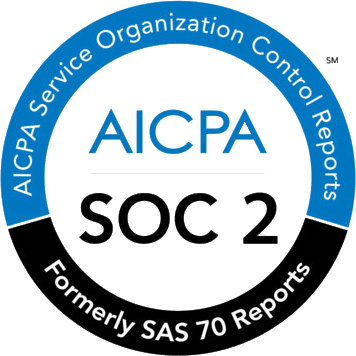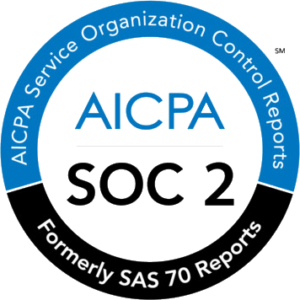Table of Contents
ToggleSummary:
- Studies have shown that adopting eco-friendly practices equates to success.
- Environmentally-conscious companies reap several benefits, including reduced cost, greater employee satisfaction and an increased brand reputation.
Going green means that not only are you aware of the impact your actions have on the environment, but you actually go the extra mile to minimize your carbon footprint.
As a company, it means that you actively do everything within your means to work sustainability, in your products, practices and polices.
It shouldn’t be viewed as a chore for businesses, as going green has the potential to reduce costs, increase productivity, and promote healthier workplaces.
Achieve sustainability goals with parking management
Discover how Wayleadr's parking management can help you meet your sustainability goals
Learn MoreImproved brand reputation, consumer loyalty, and employee morale are among the less tangible, but equally valuable, benefits. Corporate responsibility practices can help boost sales revenue up to 20%.
It is no wonder environmentally conscious companies are succeeding.
Reduce waste and save money
Many business owners think that putting sustainability first means higher operating costs. However, this is simply not true.
One way green businesses save resources and associated expenses is by reducing their energy usage, which improves the overall efficiency of their operations and cuts down on recurring bills.
Utility costs can also be reduced by changing light fixtures to energy-efficient rated fixtures with LED light bulbs. LED light bulbs can last up to 20 years, use less energy to operate, and emit a cleaner light.
Businesses can also benefit from tax credits if they undertake steps to improve the local environment, beginning within the four walls of their own office. Energy efficiency, decreased emissions, solar energy, and a few other green initiatives are eligible for tax credits in certain countries and municipalities.
According to a 2014 research by Indiana University, one company saved $7 billion through sustainable manufacturing, while another saved $80 million a year by lowering its energy consumption.
Increase productivity
A recent study led by UCLA revealed that organizations who voluntarily adopt international green practices and standards have staff that are 16% more productive than the norm.
According to Professor Magali Delmas, an environmental economist at UCLA’s Institute of the Environment and Sustainability and the UCLA Anderson School of Management, green techniques are beneficial not only to the environment but it’s also excellent for your employees.
This is because employees are more motivated and receive more training, making them more productive than employees in more traditional firms.
Promote healthier, safer workplaces
Though we often associate sustainability with environmental activities and decisions, it goes way deeper than that.
People are the most valuable resource a company can have. Thus, sustainability in the workplace is also about them. Employee welfare, health, and safety are all important aspects of any organization’s sustainability.
Business productivity and sustainability improve in correlation with keeping employees healthy and safe.
Improve brand reputation
92% of consumers say that they are more inclined to trust environmentally and socially conscious brands.
The use of renewable energy methods is essential for the modern small-medium enterprise (SME), not just because it can save money on running the business, but also because it shows customers that the company cares.
Being connected with a company that has a negative environmental reputation can be disastrous for business. The more companies demonstrate that sustainability is an important aspect of their goal, the more consumers will approve of them.
Boost employee morale
According to a study, employees are 38% more likely to be dedicated to a company that prioritizes sustainability.
In the same way that eco-friendly behavior increases customer loyalty, it also elevates a company’s reputation and status internally – leading to happier employees.
In addition, sustainable businesses can attract and retain top talent. Cone Communications’ research indicated that when considering where to work, 64% of Millennials consider a company’s social and environmental goals.

How Wayleadr has helped leading companies achieve green practices and sustainability
According to the 2016 American Community Survey, about 150 million workers drove 115 million vehicles to and from work every day, contributing to air pollution and negatively impacting employee health outside of work.
Wayleadr is helping to optimize commuter route requirements by bridging the gap between smart buildings and vehicles, and its last mile automation technology appears destined to become a major time-saving feature for organizations and individuals as the world and pace of work rapidly changes.
Last mile automation presents a number of advantages, including reduced car dependency, reduced congestion and carbon emissions, fewer community emissions, and lower parking costs for both companies and employees.
It essentially caters to commuter and corporate needs by automating all aspects of the last mile of their journey (parking, car recognition in buildings, and so on).
Want an in-depth guide on how to reduce car dependency check out our blog – The guide to reducing car dependency at work.
Parking management isn’t the only lever available to move the dial. Discover how the wider proptech movement can help or how to boost public transport usage at your business.
We need more efficient means of completing travels and Wayleadr has started the journey of developing a better and more environment-friendly way of commuting for businesses.
Let us help your company transform your employees’ commuting experience and reduce your carbon footprint.












